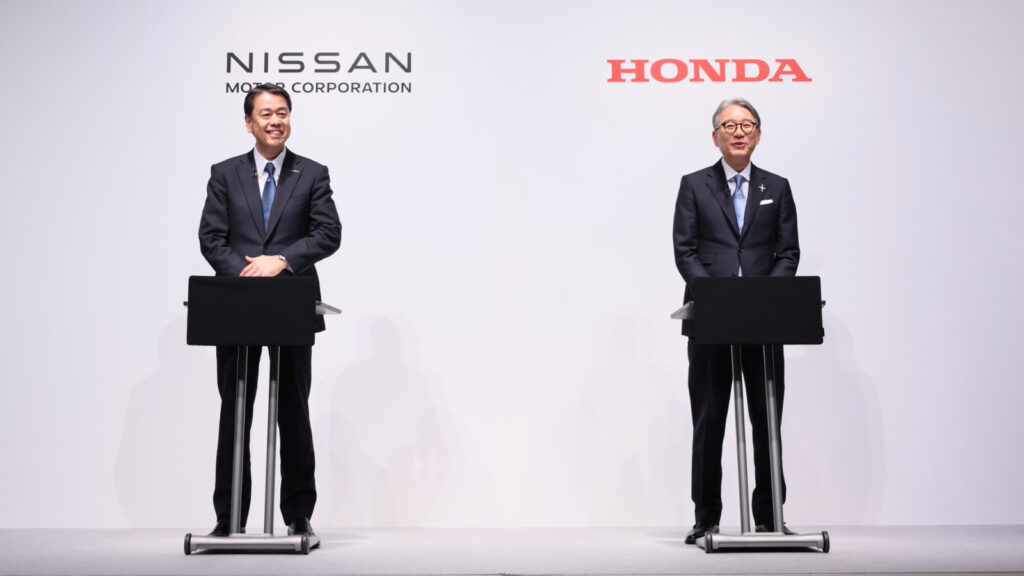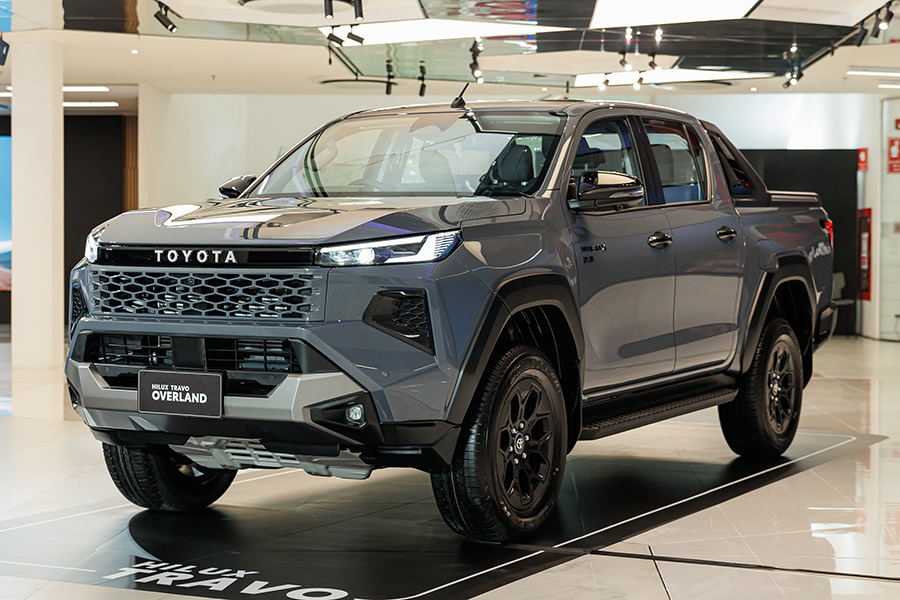
Honda and Nissan, two of Japan’s leading car manufacturers, have announced plans to roll out new electric vehicles (EVs) by 2030. This ambitious initiative underscores their commitment to advancing electric mobility and addressing the growing demand for sustainable transportation.
Strategic Collaboration
In a significant move, Honda and Nissan have entered into a memorandum of understanding to collaborate on EV technology. This partnership aims to leverage their combined resources to reduce development costs and accelerate the rollout of new electric models. The collaboration will focus on shared components and software, enhancing efficiency and innovation in their EV offerings.
Production and Cost Reduction Goals
-
Nissan’s Plans
Nissan has outlined an extensive plan to cut the costs of manufacturing electric vehicles by nearly a third by 2030. The company aims to launch 30 new models within the next three years, with 16 of these being electric vehicles. By 2026, Nissan expects EVs to account for 40% of its sales, rising to 60% by the end of the decade. Key strategies include new battery innovations, next-generation modular manufacturing, and group sourcing of parts to achieve a 30% reduction in production costs.
-
Honda’s Investment
Honda is also making significant investments in its EV future. The company plans to invest 10 trillion yen in EVs and software by fiscal 2030. This substantial financial commitment highlights Honda’s dedication to catching up with global competitors like BYD and Tesla and expanding its footprint in the electric vehicle market.
Market Dynamics and Challenges
-
Competition and Market Share
The collaboration between Honda and Nissan is partly driven by the need to compete with Chinese automakers, who have gained a significant market share with more affordable EV models. The European Union Commission has noted that Chinese EVs are typically 20% cheaper than their European counterparts, posing a competitive challenge for Japanese manufacturers.
-
Domestic and International Sales Targets
Nissan’s strategic plan includes increasing its sales in key markets. The company aims to sell an additional 330,000 vehicles in the U.S. and boost its Chinese sales by 200,000 units to reach 1 million by 2026. These targets are part of a broader effort to enhance global sales and market presence.
Future Outlook
The alliance between Honda and Nissan, potentially including Mitsubishi, marks a significant step towards consolidating Japan’s automotive industry to better compete with global players. By pooling their resources and focusing on innovative EV technologies, these automakers aim to bridge the gap with rivals and lead the transition to electric mobility.
The progress of Honda and Nissan’s collaborative endeavors in the changing automotive industry will be closely monitored. Their capacity to produce affordable, top-notch electric vehicles will be pivotal in influencing the future of eco-friendly transportation and upholding their competitiveness in the international market.


